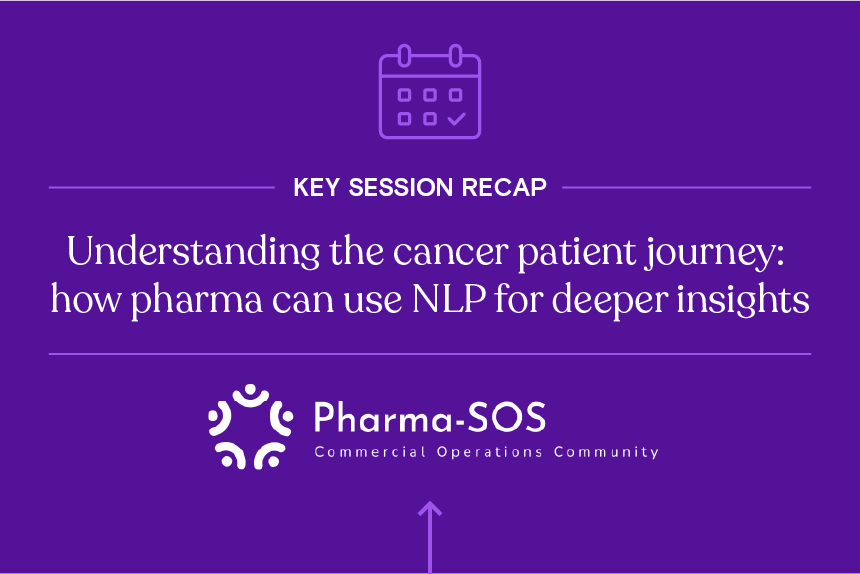In recent years, we have seen specialty pharmacies evolve from dispensing medications that were difficult for patients to obtain into a place where patients can receive care and treatment. As a result, specialty Rx is one of the fastest-growing sectors in the industry.
While the role of specialty pharmacies changes and expands, a lot more attention is being paid to this niche industry. We see numerous trends presenting both challenges and opportunities, and in order to keep up with the times, specialty pharmacies will need to stay on top of legislative and regulatory changes, the ever-changing market dynamics, and the latest specialty drug approvals.
Here, we dive into the top 3 trends that are making the most impact:
1. Accreditation
A specialty pharmacy will pursue accreditation for consistent delivery of quality clinical services in the treatment of chronic, complex diseases. Accreditation establishes and defines the services and programs in place, putting forth strict policies and procedures set by the accrediting bodies.
Today, there are five different agencies for specialty pharmacy accreditation:
-
- The Accreditation Commission for Health Care (ACHC)
- The Center for Pharmacy Practice Accreditation (CPPA)
- The Pharmacy Compounding Accreditation Board (PCAB)
- The Utilization Review Accreditation Commission (URAC)
- The Joint Commission (TJC)
Within the accreditation process, these agencies take steps to ensure that specialty pharmacies adhere to drug safety protocols, provide patient-centered care management, and maintain compliance with quality initiatives and industry regulations.
Of the agencies listed above, The Utilization Review Accreditation Commission has become the preferred accreditation body by both payers and specialty pharmacies alike. The URAC is the most-reported accreditation agency among the 3,205 specialty pharmacies tracked by Definitive Healthcare, with 582 facilities—or 18.2 percent—listing the URAC as their accrediting body.
With 519 accredited facilities, the ACHC is the second most-reported accreditation agency according to Definitive Healthcare data. ACHC accreditation, in particular, ensures that specialty pharmacies offer disease-specific clinical monitoring in addition to patient compliance and adherence programs.
The Center for Pharmacy Practice Accreditation is the least-reported accreditation agency among specialty pharmacies. In 2019, only 81 facilities—or 2.5 percent—listed the CPPA as their accreditation body.
Despite this, it’s becoming increasingly more common for specialty pharmacies to seek accreditation from multiple accrediting bodies. As more specialty pharmacies earn accreditation, a secondary or tertiary accreditation may become essential in maintaining industry competitiveness and insurance contracts.
2. Consolidation
Generally speaking, the healthcare industry is seeing a lot of consolidation, and specialty pharmacy is no exception to this hot topic. There are specialty pharmacies purchasing other specialty pharmacies, and then there are specialty pharmacies merging with health insurance companies and pharmacy benefit managers—there’s a constant shift happening.
Even though specialty pharmacies represent a smaller volume of supply and distribution compared to retail pharmacies, specialty profit margins are much larger. Because the healthcare space is one of dwindling margins, specialty pharmacy mergers and acquisitions are on the rise.
With these consolidations multiplying, it’s important for the companies involved to demonstrate the value that these mergers and acquisitions have created. In addition to patients, payers and manufacturers are equally as interested in specialty pharmacies being able to maintain quality care.
As such, beyond the integration of new systems and services and acquiring new patients, the trend we expect to see within specialty pharmacy is the need to truly be patient-centric and not just focused on expanding market share.
3. Innovation
Obviously stated, the pharmacy industry thrives on new drug approvals—but this statement is especially true for specialty pharmacy as drug spend in this area continues to increase. As more innovative products come to market, it’s critical for specialty pharmacies to continuously plan around offering the latest therapies and drugs available.
While some specialty drugs that go to market are an improvement on a previously approved product, most of the new approvals in this area are considered ground-breaking in the field and typically have not been used before in a clinical practice. Because innovation drives progress, specialty pharmacies are seeing a rise in attention to advances in healthcare and the availability of new treatment options for patients.
In order for a specialty pharmacy to be successful, the pharmaceutical industry must bring more innovative products to market. Over time, the result will be an expanding footprint for specialty pharmacies and a much greater relevance in the healthcare industry.
Learn more
This fall, Definitive Healthcare is tapping into the world of specialty pharmacies. Are you looking to learn more about this market, which dispenses high cost and high touch medications? Definitive’s new product can help you gain insight into specialty pharmacies—their affiliations, executive contacts, areas of expertise, and accreditation status.
You can leverage this data to understand the key players in the specialty pharmacy arena and how these entities are moving and transforming in real time. To learn more about this upcoming release and how you can more easily understand the complicated market of specialty pharmacies, contact us and mention the Specialty Rx product.





